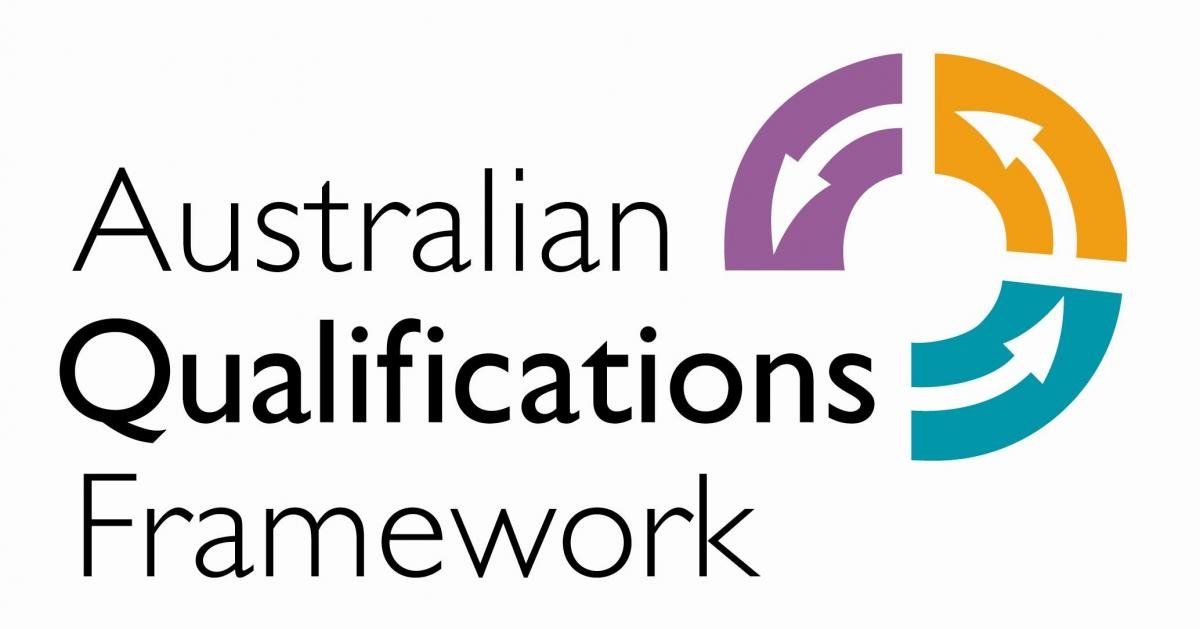5 things you DON'T NEED to be a successful student
Embarking on a study journey can seem like an insurmountable task. Long hours of study, reduced time doing pleasurable activities, and less opportunities for hanging out with your peeps. Your mind may become muddled with unanswered questions which slowly chip away at your inner drive and self-esteem. Am I smart enough? Will my friends still like me if I am more qualified than them? Will I have enough time to still exercise, go to work, spend time with my intimate other?
While these questions are worth asking, they have absolutely no bearing on your ability to finish your studies. In fact, all you need to propser is a good dose of motivation, some true grit, with a big dose of self-belief thrown in for good measure. This week, EPEC Education Director Dr Mary Anne Hall debunks some myths about learning and shows you that all you need is sheer self-will and determination to get you across the finish line. She highlights the following five factors as irrelevant to your success and stresses the importance of not getting hung up on the details.
1. A lot of spare time to study
We have all been led to believe that study requires enormous amounts of time. News flash: It doesn’t! In fact, by accessing help from your trainers and tutors; joining study groups; making some connections with other students; and getting up close and personal with Google, you can have your assignments knocked over in no time at all.
2. Access to all the latest technology
Today’s advertising agencies would have us all believe that we need all the latest gizmos to even be a worthwhile member of society. Absolute nonsense! All you need to get back in the saddle is a reliable Internet connection and some paper and a good old lead pencil to take some notes! If you have limited coin to purchase Internet access, pop into your local Library or other government funded agency for a hand up.
3. A good track record at School
Just because you failed dismally at School, this in no way indicates your future success. That was then, this is now. With maturity, the adult ability to ask for help and problem solve, and the dozens of training colleges relying on your success for their financial survival, you are already on your way to your graduation ceremony.
4. Support from family and friends
While it’s nice to receive high fives from your family and your sweetheart, this is in no way necessary to be a top-notch scholar. In fact, many experts note that family and significant others can sometimes impede a student’s progress through fear of competing life goals and jealousy about your impending success. You have everything you need inside of yourself. If your inner circle are on board with that, great, if not, just keep sticking to your path.
To kickstart your career in the early education and care industry, contact EPEC Education on Ph: 07 4616 8111 E: hello@epeceducation.com.au W: www.epeceducation.com.au






